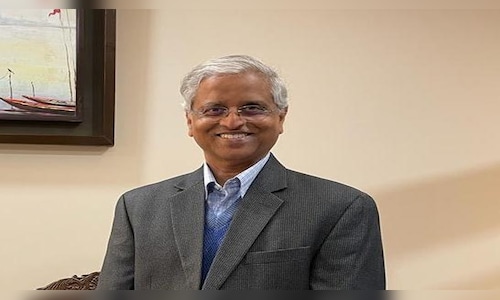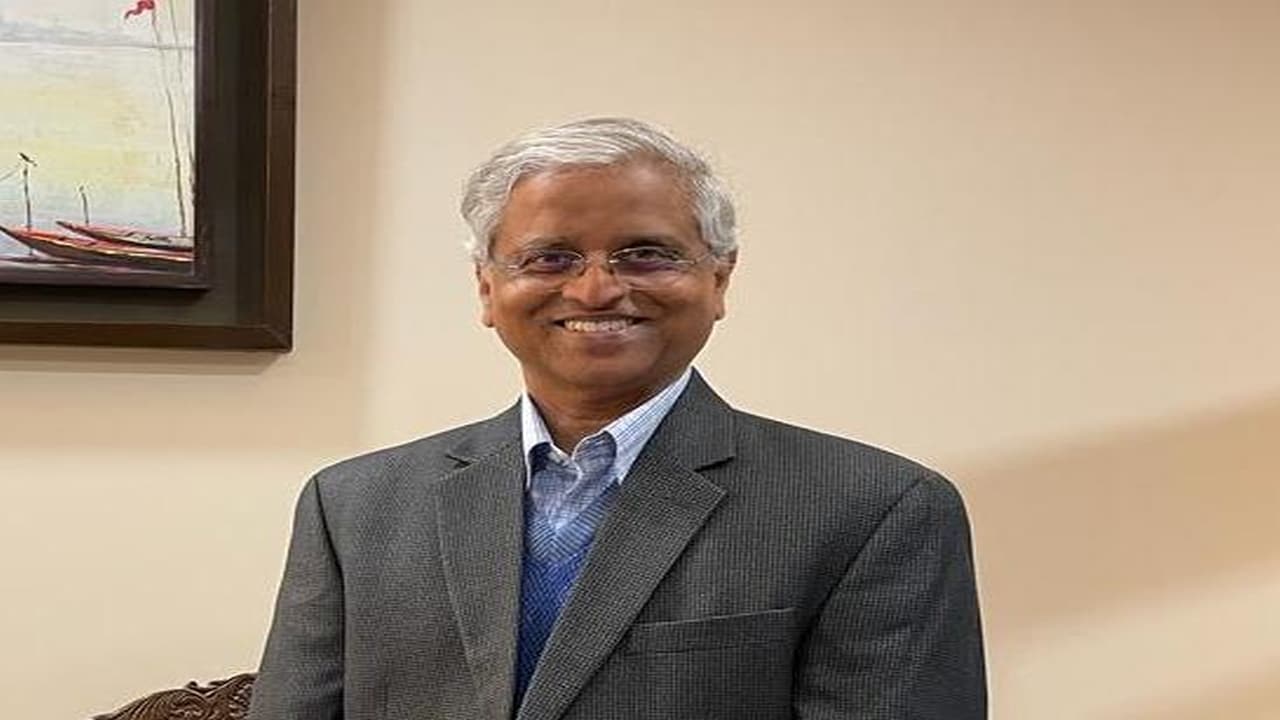

Speaking to CNBC-TV18 about recent trends in state-level spending, Garg said, “I’m not unduly concerned about states’ management of finances.” He emphasised that the states have managed their expenditures without compromising the quality of their financial health.
Garg pointed out that for the fiscal year 2023-2024, the states’ aggregate fiscal deficit stood at 2.9% of their Gross State Domestic Product (GSDP), well below the 3.5% cap set by the government. Except for 2021, when the economic impact of the pandemic pushed fiscal deficits beyond 4%, states have consistently maintained deficits below 3%. He also noted that the revenue deficit for states was just 0.2% of GDP, indicating their capacity to manage finances effectively without relying on excessive borrowing for operational expenses.
Moreover, Garg underscored that nearly all the fiscal deficit states incur is being directed towards capital creation, reinforcing their ability to balance welfare measures with investments in infrastructure and development.
Addressing concerns raised in the Reserve Bank of India’s (RBI) recent report, which warned about the constraints imposed by centrally sponsored schemes, Garg acknowledged the challenges but downplayed their impact on state finances. “The impact of too many centrally sponsored schemes is not adversely reflected in the state’s management of finances,” he said.
However, he noted that such schemes do constrain states’ spending flexibility. States must match contributions for these schemes and cover the shortfall between actual costs and the central government’s unit-cost reimbursements. Garg called for greater flexibility in centrally sponsored schemes and suggested reducing their number to enhance fiscal autonomy for states.
The RBI’s report on state finances highlighted declining liabilities for states but warned of challenges, including the persistence of liabilities above pre-pandemic levels. The central bank expressed concern about populist measures such as loan waivers, free electricity, and allowances for youth and women, cautioning that such expenditures could crowd out critical infrastructure investments.
Garg concluded by emphasising that the central government must respect the fiscal autonomy of states to promote true cooperative federalism. While reducing centrally sponsored schemes has been a longstanding recommendation of various committees over the past four decades, he remained sceptical about the central government’s willingness to scale back.
Watch the accompanying video for the entire conversation.



